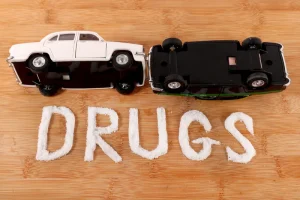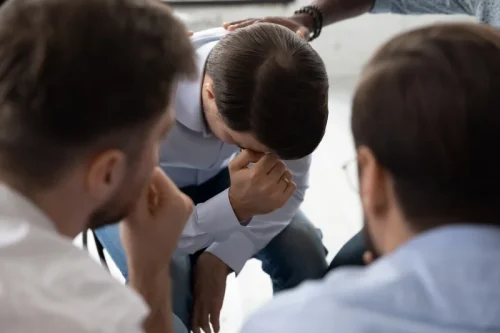
Of all the group therapy ideas, practicing communication is one of the most important. In fact, many rehab centers play communication-building games to show what are some ideas for substance abuse group activities? people the importance of effective communication. Connecting with people who are in the same mental space as you can be a great way to have sober fun.
Best narrative therapy group activities
- Group sessions can allow members to work through challenging emotions such as shame and guilt.
- Theme groups are focused on support and finding commonalities between members.
- As humans, we are social creatures with personal histories based on the various groups that make up our lives.
- Fun substance abuse group activities for adults play a pivotal role in this process, offering a platform for healing, growth, and shared experiences.
This activity helps break down barriers and sets a positive tone for the session. Delve into the science behind Addiction Recovery Group Activities through group lectures or discussions. Enhance understanding and empower individuals to make informed decisions regarding their recovery journey. Facilitate discussions on setting and achieving goals post-recovery, empowering individuals to envision a brighter future and take proactive steps toward it.
- The experience of meditating alongside others can be encouraging, inspiring, and help build social skills and self-esteem.
- Once your group feels comfortable with each other you can start digging deeper.
- Participants can try making gratitude lists or having open discussions on ways to find and show gratitude in daily life.
- Pass out pieces of paper with drawings of a large bottle on them, and two lines are drawn across the bottle to create three different layers inside.
Ways to Have Fun in Sobriety
It is crucial to offer meaningful and entertaining recovery group activities that would help clients develop trusting relationships with other members of the recovery group. By incorporating these activities into recovery group sessions, facilitators can create a supportive and dynamic environment that promotes healing, connection, and personal growth. Group therapy is a form of psychotherapy where a trained therapist facilitates a therapeutic session involving a small group of individuals who share similar emotional or psychological concerns. These group sessions provide a supportive and confidential environment for participants to discuss their challenges, express their feelings, and gain insights into their own experiences and behaviors. Group therapy can focus on various issues, such as anxiety, depression, addiction, grief, or interpersonal difficulties. Embarking on the journey of recovery from substance abuse often involves joining group therapy sessions, which can be daunting at first.

Letter Writing Exercises
The discussion prompts can be related to positive habits, gratitude, the recovery process, or any other general group therapy questions. For an added step, have the person answer a prompt and pass the prompt to a second person for an additional response or positive discussion. Understanding triggers and brainstorming coping mechanisms empowers participants to navigate challenges effectively.
Goal-Setting And Achievement Challenges

Participants can also share different coping skills that have worked for them, as well as what hasn’t worked. Participants can try making gratitude lists or having open discussions on ways to find and show gratitude in daily life. Question balls are a resource that group leaders may use to https://ecosoberhouse.com/article/why-do-alcoholics-crave-sugar-in-recovery/ get topics of conversation going. They write recovery-related questions on a ball for participants to toss around, with the person holding the ball answering the question. There are numerous benefits to group therapy and peer support meetings that aren’t available in a one-on-one setting.
Gratitude Graphs
Why Group Therapy?
- As a way of encouraging recovery progress, or supporting continued recovery success, many support groups use specific activities to keep their members engaged.
- Clients are given a judgment-free space and are encouraged to be open and honest to facilitate recovery and healing.
- Group therapy has a nearly 100-year-old history and has branched into many aspects of the contemporary world.
- If there’s something you used to love creating before your addiction took over, you can explore those interests again.